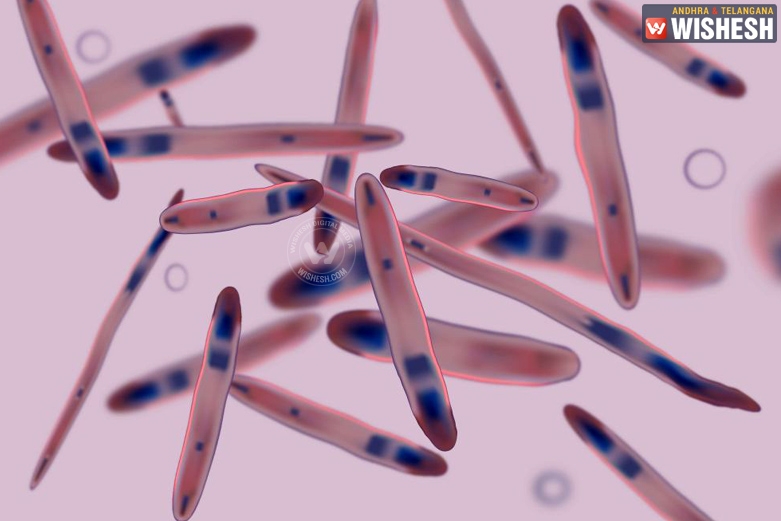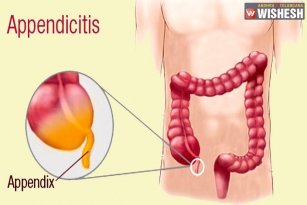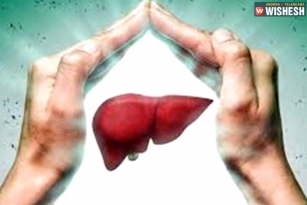
Certain type of parasitic worms has potential to treat the inflammatory bowel disease, study says.
The study shows the important insights into how intestinal worms, or helminths, manipulate the gut microbiota, in a way, that is beneficial for its host.
As per the research, mice deficient in the gene Nod2, which are used to model Crohn's disease, develop abnormalities in their small intestines, including a compromised layer of mucus and changes to intestinal cell morphology.
These alterations allowed for greater colonization by the bacteria Bacteroides vulgatus.
The research team found that chronic infection of these mice with the helminth Trichuris muris restored the mucus and cell morphology within the small intestines.
When inflammatory markers are observed closer, one can find out that, the parasitic worms help inhibit B. vulgatus via the immune signaling molecules, interleukin (IL)-4 and IL-13, which was confirmed by knocking out a relevant transcription factor.
Just like the above, even similar results were found with 2nd type of helminth.
Observing the gut microbiota of the mice, over the course of infection, it was revealed that, the parasites help increase the colonization of strains of a different family of bacteria, Clostridiales, at the expense of B. vulgatus.
Helminth infection is very common in few regions and in such places, inflammatory bowel disease is less prevalent.
Through a vigorous study on several individuals, the researchers detected some important changes in gut microbiota composition, where Clostridiales was the most notable reduced order, and Bacteroidales was significantly expanded, following treatment.
The results found out from the research, reveal an intriguing and beneficial facet of a symbiotic relationship between helminths and humans.
By Phani Ch

























